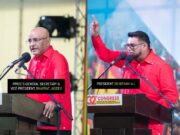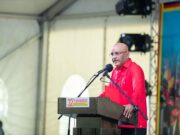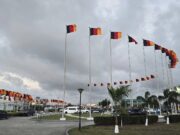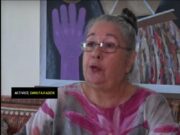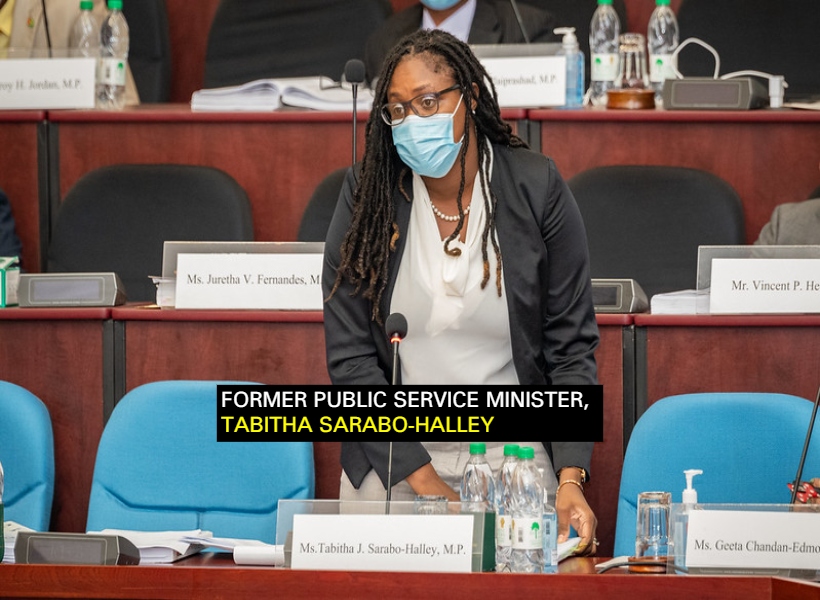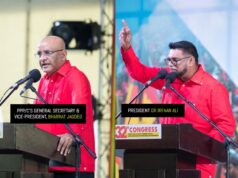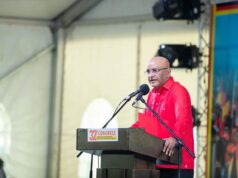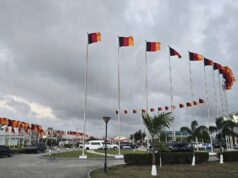A Human Resources Needs Assessment Survey (HRNAS) is critical to the Government of Guyana (GoG) and the University of the West Indies (UWI) plan to train Guyanese. At least, this is according to former Public Service Minister, Tabitha Sarabo-Halley.
UWI, this week, via a press release, said that it is on the verge of signing an agreement with Guyana to facilitate the training of over 20,000 nationals over the next five years. The regional institution noted that the initiative was being facilitated at the behest of Guyana’s President, Dr Irfaan Ali.
But former Public Service Minister, Tabitha Sarabo-Halley is concerned with the manner in which this development has been advanced, noting that there are several “loopholes” that can be “exploited for the wrong reasons”.
She noted that one of the major issues the APNU+AFC administration faced was placing persons, who received scholarships under the previous PPP/C-led administration, into the Public Sector.
The Member of Parliament (MP) said that scholarships were being awarded to persons without an assessment of the needs of the public service, and because of this, many graduates could not be properly placed, if placed at all, because no Ministry or government agency had an apparent need for the skills they attained.
She contends that “the shift” that is taking place in Guyana, demands a systematic survey of the human resource needs of the public service, and the country in general.
The MP noted that the Department of the Public Service under her stewardship, created a strategic plan that required, first and foremost, a HRNAS that should have been catered for in the 2020 budget.
This survey, she said, would have taken into consideration an appreciation of the areas in the public service that may require specific expertise to ensure that the new industries that are blossoming can be adequately serviced and regulated.
She noted that a review of all the work permits being granted would also give an indication of the skillsets Guyana needs, and would help in plotting the measures needed to acquire same. This, the MP opined, would eventually reduce the need for companies to request large number of permits for foreigners to enter Guyana to take advantage of emerging job opportunities.
Sarabo-Halley said, too, that research is needed, on the potential ‘upline’ and ‘downline’ jobs that could be created in the short, medium and long term surrounding the oil and gas industry as well as other areas where government or Public Private investments will be made to ensure the economy is sufficiently diversified.
The MP said that the intended agreement creates more questions than answers. She made the following queries:
• How did they arrive at the number 20,000?
• By what process were these areas identified?
• Was a decision made as to how many persons are needed for each area of study?
• Is this eligible for only persons who want to work in the public service or will this be available to all Guyanese?
• What criteria will be used to determine who gets to study what programme?
• Will Guyanese be able to just choose their area of interest, as what obtained in the past or will there be a selection process, based on the findings of a transparently conducted needs assessment?
